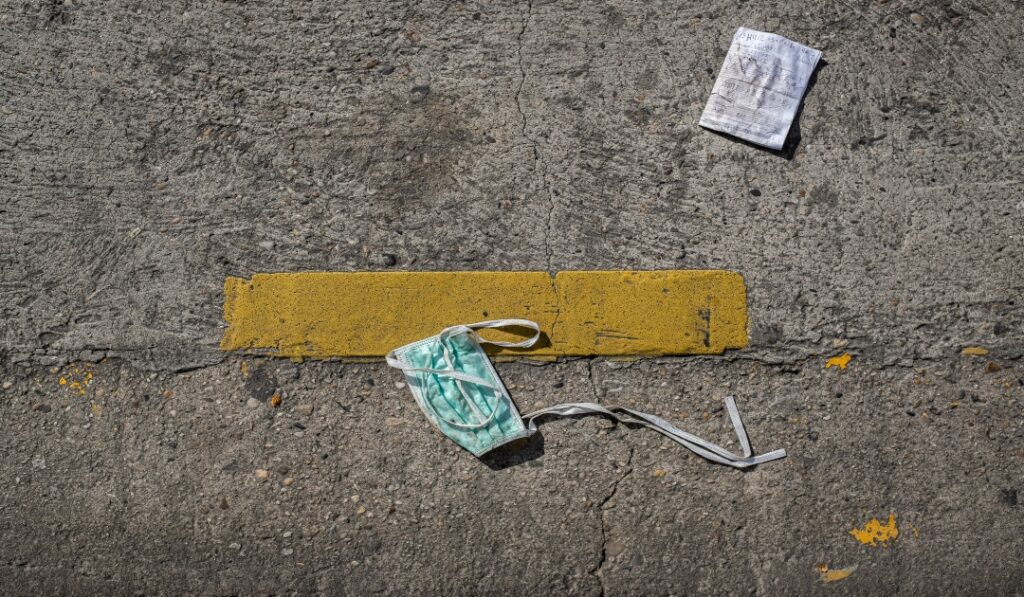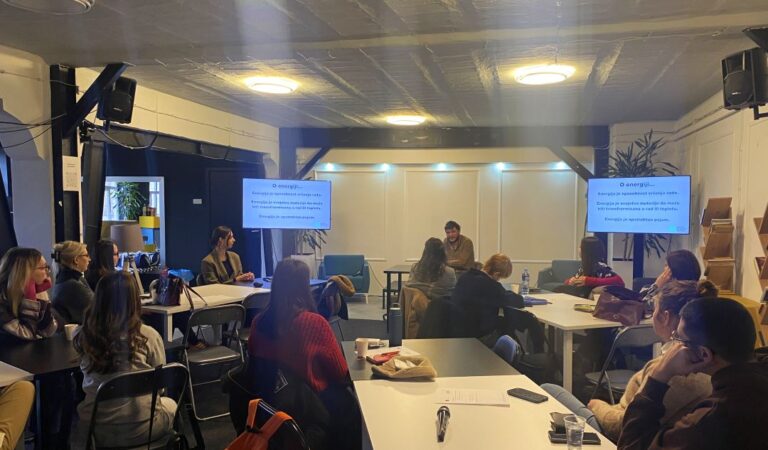The Misdemeanor Court of Appeals in Kragujevac adopted the appeal against the judgment of the Misdemeanor Court in Kraljevo of March 12, 2021, by which D.R. and his wife, S.A., persons in a situation of homelessness, were declared responsible for acting contrary to Art. 2 of the Order on restriction and prohibition of movement of persons on the territory of the Republic of Serbia, which prohibits all persons from leaving their apartments, premises and residential buildings from 17:00 to 05:00.
D.R. and S.A. were sentenced to pay a fine of 50,000 dinars due to this violation, under the threat of replacing the unpaid fine with imprisonment, so on this occasion, they turned to Initiative A 11 for help. In the appealing procedure, it was pointed out that the defense of the defendants was completely cut off and was not assessed as evidence, i.e. that they did not have the opportunity to give any arguments, and that the first instance court did not take into account that D.R. and S.A. are in the situation of homelessness, that defendant S.A. has health problems, and that is the reason the two of them were headed to Bor. However, as they did not have money for transportation, they traveled by foot, and at the time current curfew struck them in Kraljevo. In order to get off the street during the curfew and not violate the ban on movement, they deliberately went to the police station, where they had previously announced their arrival and the reason for their arrival by phone.
The police officers, and then the Misdemeanor Court in Kraljevo, not only did not consider this factual situation, but completely ignored the fact that these were people living on the street, and that they could not act in any way according to the Order because they had no apartment, room or housing object that they could leave. With this in mind, it is absurd to punish the homeless, because they are in this situation against their will, especially considering that the only institution that could and should have helped them in this case, the Shelter for Adults and the Elderly, has decided to close the doors to its users during this period.
Although this procedure ended positively for D.R. and S.A., because their appeal was accepted and the sentence was revoked, this is not an isolated case for people in the same situation for which the consequences were much worse.
Initiative A 11 received information that the fine for homeless people who did not have legal assistance in using legal remedies against such verdicts, nor money to pay fines, was replaced by imprisonment in enforcement proceedings, and that some of them even spent 50 days in prison because of it.
It is completely clear that punishing the homeless for the movement ban outside the living quarters at certain hours is absurd, discriminatory and represents another example of the criminalization of poverty that we have already talked about. What is even more worrying is that it is not known how many such situations existed, and that people who are extremely socially endangered and marginalized, instead of being a priority on the list for care during the state of emergency, were forced to go to prison precisely because of the poverty.



